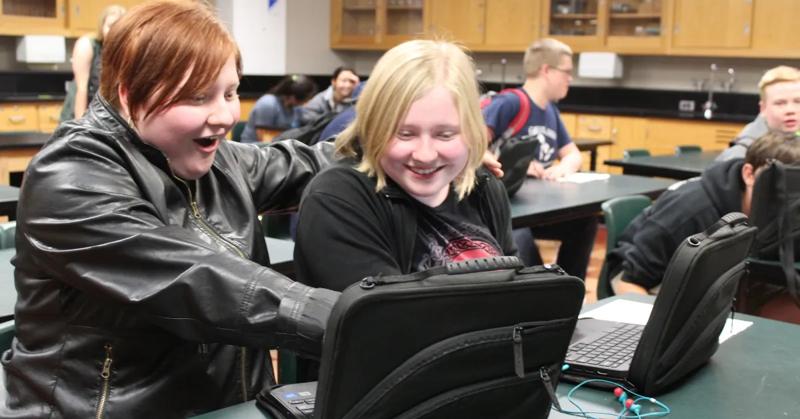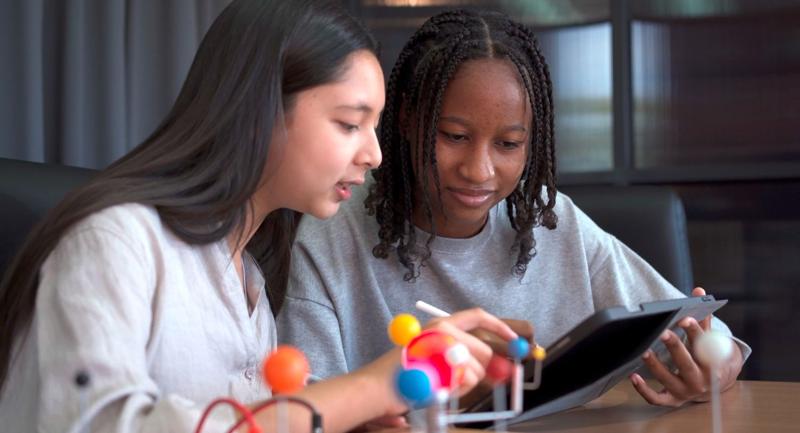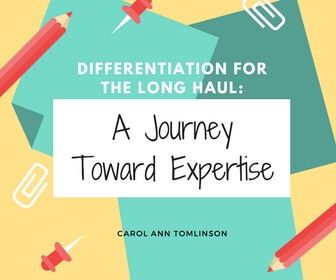The question that most troubles teachers and school leaders as they look forward to the next school year, whatever form that may take, is “How will we know what our students know?” Inequitable access to learning opportunities during the final months of the past school year largely due to school moving solely online, with little preparation for the change — created huge differences in the knowledge and skills students will have when schools eventually reopen. Combining this disparity with the usual loss in achievement during summer that many students experience compounds the instructional challenge.
Testing Companies’ Altruism Isn’t the Answer
To solve this problem, several testing companies have offered their assessments free to school districts so teachers can establish a baseline for students’ performance from which to plan for the coming year. Although seemingly altruistic, this is likely simply a clever business strategy. If a school district agrees to use a particular company’s assessments to establish a baseline for students, how will they judge improvement or progress? The district will have to buy more of that company's assessments to do so, because each company’s assessments measure different skills in different ways. It’s the same strategy printer companies use when they offer printers to customers at little or no cost, but then charge huge fees for the ink cartridges needed to operate the printers.
Furthermore, what guarantee do school districts have that the assessments offered are aligned with their curriculum? Independent validity studies show that most commercially available assessments align poorly with state curriculums, and reviews conducted by the testing companies generally exaggerate alignment claims (Polikoff, Porter, & Smithson, 2011).
Ask What Students Need—and Guide Them to Mastery
A better way to address this problem may be to reframe the question. Instead of asking “How will we know what our students know?” it could be more productive to ask, “What do our students need?” Let’s admit that we can’t do everything and focus more narrowly on what will best help students succeed.
Answering this question requires teachers to identify the prerequisite knowledge and skills students need to be successful in the initial instructional units of the coming school year. In other words, rather than considering all the things students may have missed, teachers focus only on what is essential for students’ success in those earliest units. Leaders should then help teacher teams develop short diagnostic assessments to measure that prerequisite knowledge and skills, drawing on teachers’ knowledge of state standards. This shouldn’t take much time and could be seen as a natural part of teachers’ planning for the coming year. In most cases, these diagnostic assessments will be short quizzes students complete in class to provide teachers with targeted feedback on where each student stands. Teachers might draw on different resources in developing these assessments and district assessment experts could offer assistance when needed. Because these will be low-stakes assessments, they don’t have to be psychometrically perfect.
Finally, school and teacher leaders need to guide teachers in using the first two to three weeks of the new school year to teach the identified prerequisite knowledge and skills in a mastery learning format, bringing all students to a specified mastery level. In a mastery learning format, students who lack the prerequisites are taught that knowledge and related skills directly, with regular feedback on their learning progress.
Those who initially struggle with content are given individualized corrective assistance to help remedy their learning difficulties. Students who demonstrate early in the process that they’ve
acquired the prerequisite knowledge and skills can engage in self-selected enrichment
activities to extend their learning--so they broaden and deepen their understanding during this time rather than simply “move ahead.” Or these students might serve as tutors for their classmates, strengthening their own comprehension while enhancing collaboration and interpersonal skills.
Advantages—Including the Sweet Smell of Success
Focusing on the prerequisite knowledge and skills offers
several distinct advantages. The approach narrows the scope of learning goals teachers must consider at this critical time of the school year. Teachers can concentrate their efforts on
what students most need to experience success.
It provides students with a learning foundation that helps level the playing field
and counter past inequities. Mastering the prerequisite knowledge and skills ensures students are well prepared and can begin the new year on par with their classmates, rather than having to dig themselves out of a hole.
Students who learn prerequisite knowledge and skills well are more likely to start the
school year with a feeling of success—the most powerful motivator available to teachers. Students who experience learning success feel more confident of themselves in future learning situations, more motivated to take on additional learning tasks, and more in control of their learning trajectory.
Finally, and most importantly, mastering prerequisite knowledge and skills has enduring effects. Strong research evidence indicates that bringing students to a mastery level on prerequisite knowledge and skills results in a 20 percent improvement in their scores on end-of-course summative assessments (Leyton, 1983). Students who master prerequisite knowledge and skills and succeed in early instructional units have the requisites for meeting or exceeding expectations in later units. This helps eliminate achievement gaps brought on by inequities in pervious learning opportunities—or from summer learning loss.
Schools face enormous challenges in planning for the next school year—and don’t have much time to get ready. Our plans must be thoughtful, efficient, and designed to yield the greatest benefits possible for all students. Making our goal to help students master the prerequisite knowledge and skills needed for success in initial instructional units will bring focus to our efforts, help shrink learning gaps, and potentially yield important payoffs for students and teachers alike.
References
Leyton, F.S. (1983). The extent to which group instruction supplemented by mastery of initial cognitive prerequisites approximates the learning effectiveness of one-to-one tutorial methods. Unpublished doctoral dissertation, University of Chicago.
Polikoff, M. S., Porter, A. C., & Smithson, J. (2011). How well aligned are state assessments of student achievement with state content standards? American Educational Research Journal, 48(4), 965-995.





